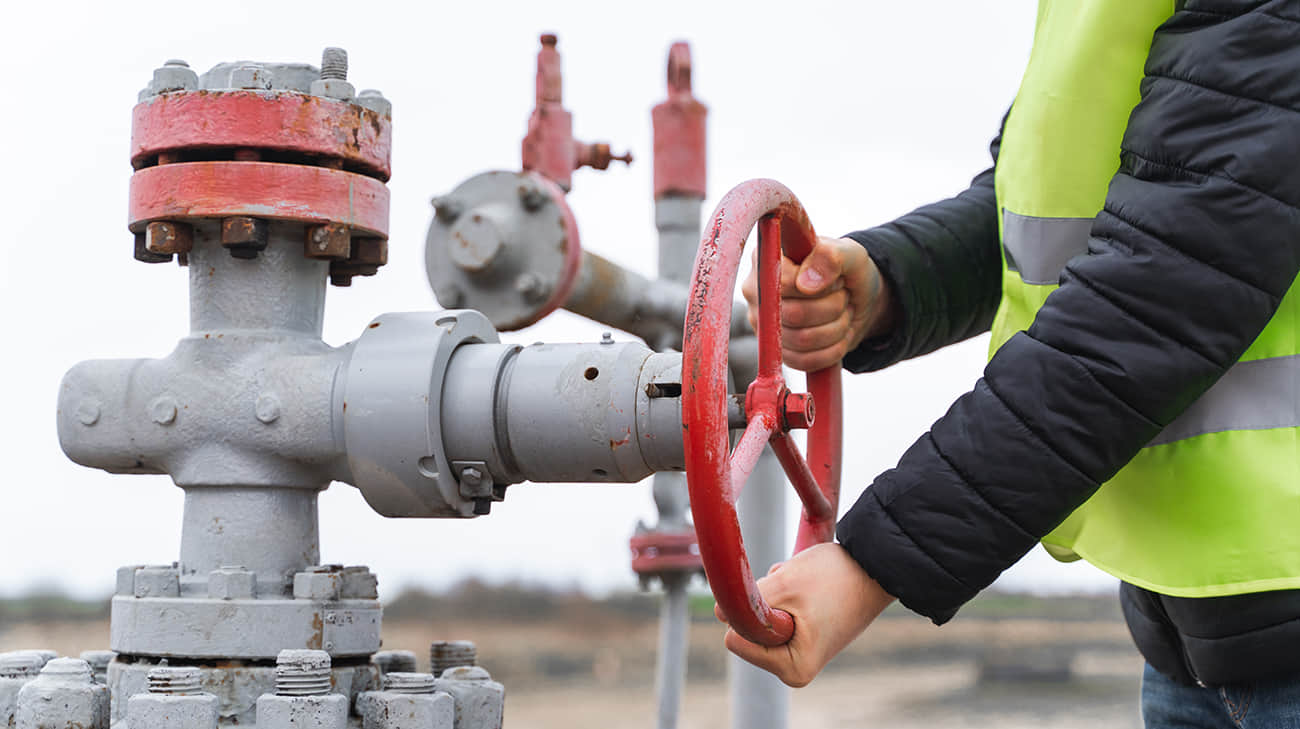Hungary and Russian energy giant Gazprom agree to increase gas supplies
Hungary and Russian energy giant Gazprom have agreed on a possible increase in Russian gas supplies to this EU country. Source: Hungary's Foreign Minister Péter Szijjártó and Russia's Gazprom during a gas forum in St Petersburg, Russia, as reported by European Pravda Details: Szijjártó emphasised that it is the Hungarian government's responsibility to ensure the long-term security of the country's energy supply while also securing it at a competitive price.

Hungary and Russian energy giant Gazprom have agreed on a possible increase in Russian gas supplies to this EU country.
Source: Hungary's Foreign Minister Péter Szijjártó and Russia's Gazprom during a gas forum in St Petersburg, Russia, as reported by European Pravda
Details: Szijjártó emphasised that it is the Hungarian government's responsibility to ensure the long-term security of the country's energy supply while also securing it at a competitive price.
He stressed that the country will receive a total of 6.7 billion cubic metres of Russian gas in 2024.
Szijjártó explained that on Thursday, 10 October, the Hungarian state-owned energy company MVM and Gazprom signed an agreement to continue their energy cooperation, which he described as favourable for Hungary. Meanwhile, Russia's Gazprom reported that a Memorandum of Understanding had been signed on the same day, exploring the possibility of increasing Russian gas supplies to Hungary.
The Hungarian foreign minister also mentioned that "the most critical step in Hungary's energy security in recent years has been the construction of the Turkish Stream gas pipeline, which brings Russian gas to Europe via the southern route".
"Many people cannot fully appreciate its significance because, fortunately, they have not had to experience a lack of energy security," the minister said.
Szijjártó claimed that if Hungary had "succumbed to friendly and allied pressure" and "had not dared to build the Turkish Stream pipeline," the country would be in a "huge mess" today, especially with the impending cut-off of Russian gas transit through Ukraine effective 1 January.
"Thanks to the 20 million cubic metres delivered per day, we can buy more gas through the Turkish Stream than we did for the whole of last year," Szijjártó said.
Background:
- In August, Szijjarto claimed that "Hungary's energy security cannot be guaranteed without Russian gas".
- In October, Slovakia's Prime Minister Robert Fico announced his intention to persuade Ukraine not to halt gas transit after 2024, when the transit agreement between Ukraine and Gazprom expires.
- Afterwards, Ukrainian Prime Minister Denys Shmyhal confirmed that Kyiv is not considering extending the transit agreement with Russia's Gazprom after the current deal expires in 2024.
Support UP or become our patron!



